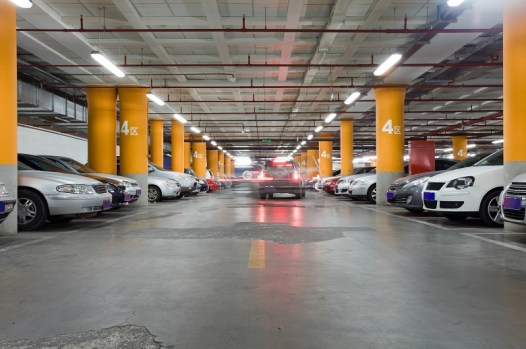
A Sydney-based smart parking startup is taking its technology to the US in its vision for a new era of data-driven urban mobility.

Spot Parking consolidates data from multiple sources and provides a platform for the creation of a digital inventory of parking assets and interactive parking information.
It uses real-time kerbside information, including road rules and parking restrictions, to create data sets and digital tools that be used for parking and smart city apps.
The company, which was founded in 2015, currently has partnerships with a number of Australian councils and has offices in Colorado, LA and Chicago, with one opening soon in Arizona.
It announced on Monday it’s signed with US government relations and technology consultancy APSG to grow its US market.
“It’s going to mean more visibility and greater access to the American market,” CEO and former TfNSW deputy secretary Elizabeth Zealand told Government News on Monday.
Future of mobility
Ms Zealand says smart parking is central to the future of urban mobility.
“We have a connected and electric future, so why would we think that parking signs and parking metres should be there?” she said.
“Having digital assets opens up so many smart options for better planning information, autonomous vehicles knowing where they can safely stop.
“If cities know more about their inventories they can start to do exciting mobility focused things, such as pick up and drop off areas for autonomous vehicles and spaces for EV charging.
“We can link to EV chargers and tell people not only where they are but if there’s a car in that charger.”
Kerbside mapping
Spot won the TfNSW 2020 Parking Innovation Challenge to digitally map more than 15 kilometres of kerbside in the Manly precinct in Sydney’s northern beaches, including free parking, hourly parking costs, free parking, disabled parking, resident permit areas and loading zones.
Ms Zealand says applying machine learning to granular digitised kerbside data can not only improve urban mobility but also reduce congestion and emissions.
She said in the future, digitisation will make it possible to quickly change kerbside rules and communicate information to the public about road closures and emergencies.
It will also be useful to allow access for ride share services and autonomous shuttles during events and for the creation of temporary parklets. The information can also be used for drone deliveries, and ecommerce, which Ms Zealand says is emerging as one of the big pressure points in the US.
Granular data can also help local authorities respond to unique needs, she said. For example the City of Greater Bendigo, the first council to take up the technology, wanted to attract people with disabilities to the city, so they were able to rate disabled the spaces for features such as hoist access and ramps.
“Local authorities often don’t know what they’ve got,” she says. “It’s about being able to quickly change an experiment in response to changing pressures.”
APSG Managing partner Nick Stanton says the platform offers solutions for parking asset owners, as well as drivers.
“It has a capacity to unify all parking occupancy and payment technologies in one source, optimising a department’s ability to better manage mobility and parking assets,” he said in a statement.
Comment below to have your say on this story.
If you have a news story or tip-off, get in touch at editorial@governmentnews.com.au.
Sign up to the Government News newsletter



